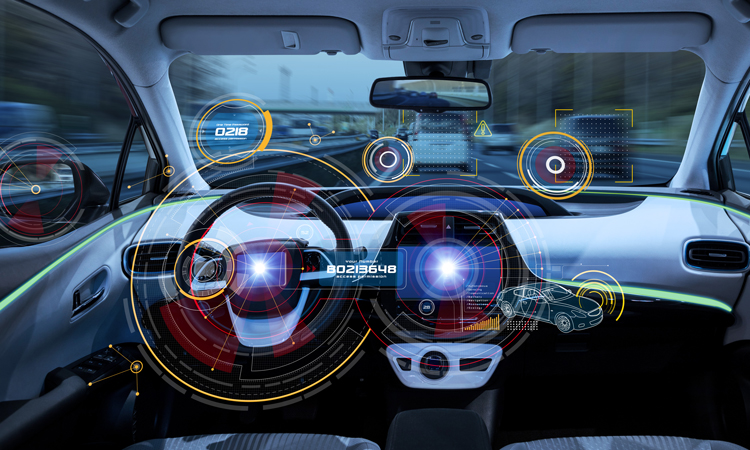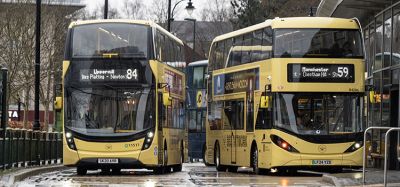Investigating connected and autonomous vehicles with real-life driving data
- Like
- Digg
- Del
- Tumblr
- VKontakte
- Buffer
- Love This
- Odnoklassniki
- Meneame
- Blogger
- Amazon
- Yahoo Mail
- Gmail
- AOL
- Newsvine
- HackerNews
- Evernote
- MySpace
- Mail.ru
- Viadeo
- Line
- Comments
- Yummly
- SMS
- Viber
- Telegram
- Subscribe
- Skype
- Facebook Messenger
- Kakao
- LiveJournal
- Yammer
- Edgar
- Fintel
- Mix
- Instapaper
- Copy Link
Posted: 14 November 2018 | Intelligent Transport | No comments yet
A new one-year feasibility study, focused on connected and autonomous vehicle data and behaviour, could ensure the vehicles meet the needs of both regulators and customers.


A new partnership has focused on using human-driver data to improve the performance and acceptability of connected and autonomous vehicles (CAVs).
‘Learning through AMBient Driving styles for Autonomous-Vehicles’ (LAMBDA-V), is a one-year feasibility study into how human-driver behaviour can be analysed and used to accelerate the adoption of CAVs, and is part of the UK Government’s £22 million funding from the Centre for Connected and Autonomous Vehicles (CCAV) for projects to develop autonomous vehicles.
The lead partner is CloudMade, bringing expertise in machine learning and human-driver behaviour modelling. The other partners include Trakm8, which will collate and analyse anonymised sample data from thousands of vehicles, Birmingham City Council as the highway authority with legal power and duties, and Aimsun.
James Brown, CTO of CloudMade, said: “Understanding human behaviour, and then modelling it, is one of the key elements in humanising autonomous vehicles and enabling personalisation of the vehicle.
“CloudMade, with its experience and expertise in machine learning and human-behaviour profiling, is uniquely positioned to utilise these capabilities in this programme. The CCAV grant will enable us to accelerate the development of solutions that learn individual driver behaviour and derive the necessary rule-sets and approaches to modelling, and adapting to this during the drive.”
LAMBDA-V will investigate the feasibility of processing existing massive datasets, to understand the parameters needed for modelling human drivers and how to extend them to make vehicle rules, improving current technology and modelling impact to balance comfort, capacity and safety.
The project will focus on innovatively exploring a full end-to-end data chain and business model in a mixed fleet environment. This integrates vehicle maker and road operator perspectives on CAV behaviour and examines how to develop privacy-law-compliant datasets for other CAV projects. It brings together those who develop CAVs and modelling software with data from massive mixed fleets of anonymised drivers across the UK, rather than small fleets of specialised vehicles in one location.
The key output will be identifying potential product improvements for all partners to make data, modelling and rules generate new sales.
Related topics
Connected & Autonomous Vehicles, Fleet Management & Maintenance
Related cities
United Kingdom
Related organisations
Aimsun, Birmingham City Council, Centre for Connected and Autonomous Vehicles (CCAV), CloudMade, Trakm8
Related people
James Brown








